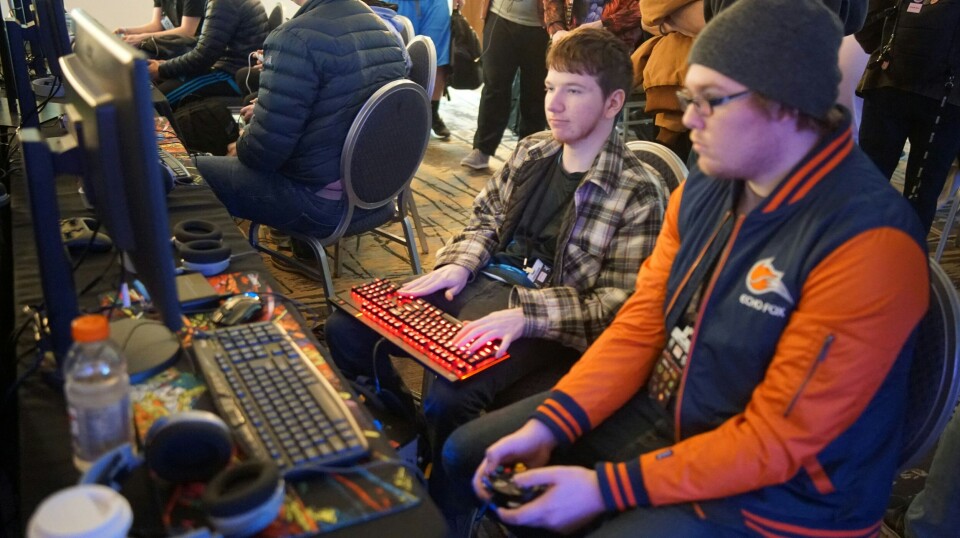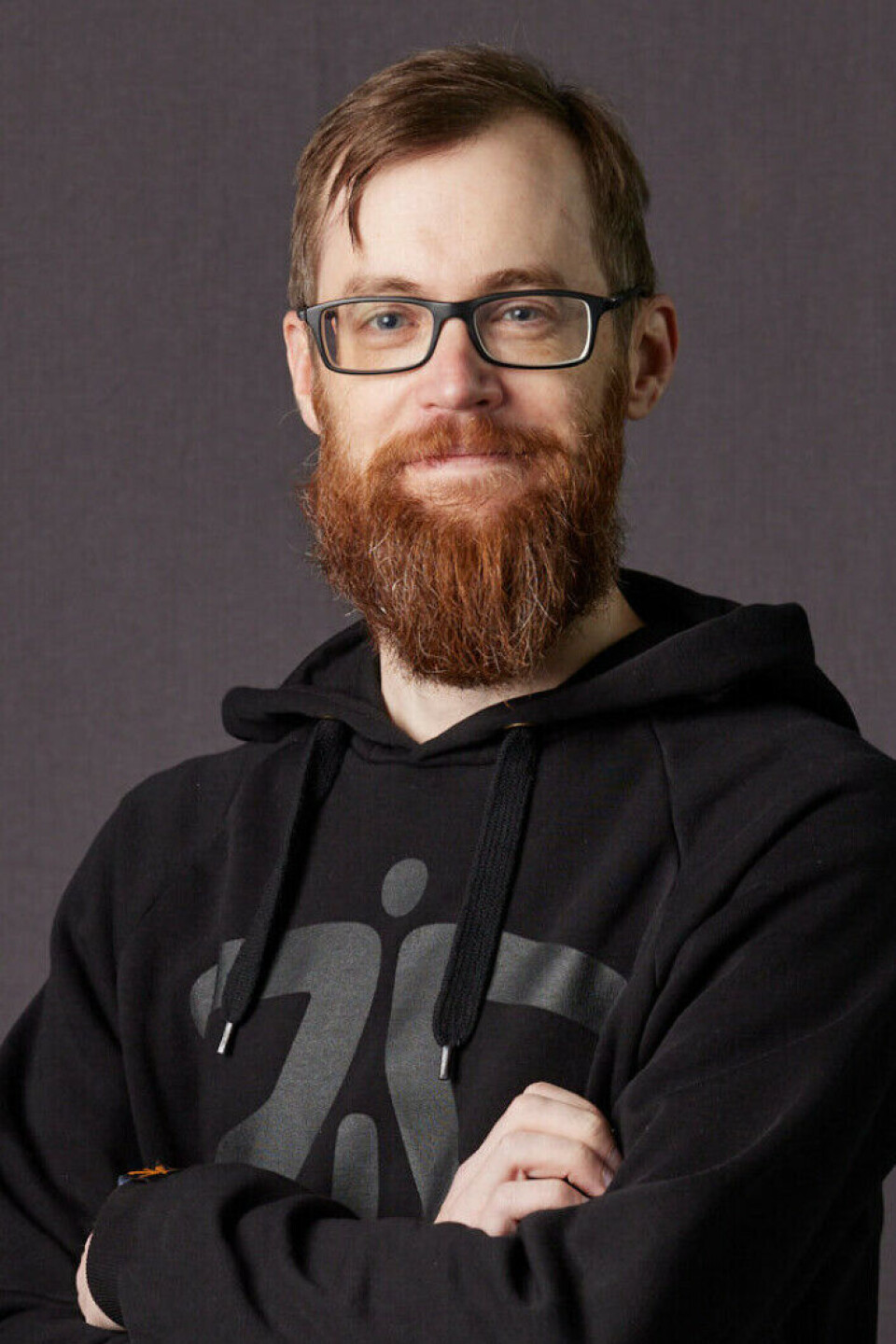THIS CONTENT IS BROUGHT TO YOU BY THE University of Agder - read more
How video games can impact your career
Gaming can provide significant advantages for both employees and businesses, says researcher Tobias Michael Scholz.

Imagine if your next job interview included a round of video games with your potential new colleagues.
Unprofessional? No. According to game researcher Tobias Michael Scholz, gaming is an effective way to spot skills that job seekers didn't even know they had.
“By observing how people play and interact with others in the game, we can get a good picture of who they really are. It can make it easier to see if they will fit into the workplace environment,” he says.
Scholz is an associate professor at the University of Agder. And his path into academia actually started with video games.
From raid leader to middle manager
In his 20s, Scholz often led teams of up to 40 players in the popular online game World of Warcraft.
“Leading raids with people from around Europe showed me how I wanted to lead and organise teams,” says Scholz.
The experience inspired him to study organisation and management.
Today, Scholz researches how skills from the gaming world can be transferred to the workplace. He has developed a framework called 'Metaframe,' which looks at how players function in teams and what strengths they bring to collaboration.

Recruitment through gaming
Scholz has tested the concept with companies in Germany. In an event called 'Outplayed,' students played tournaments together with company representatives.
The researchers observed the players and how they interacted throughout. Based on this, the companies received a report on which students could be potential candidates. Some of the students even landed jobs.
“I remember one student in particular. He was almost completely silent during the interview process, but when feeling at home playing the game Valorant, he became a clear leader. I could almost see his career opportunities flourishing,” says Scholz.
(Gaming) skills workplaces need
Scholz says that gaming can help players develop a range of skills that are highly sought after in today's job market, such as analytical, strategic, and critical thinking.
“In addition, many games receive regular updates that can change the very basic rules for players. This means constantly having to adapt, which builds resilience and creativity,” says Scholz.
He points out that gamers who are used to coordinating complex tasks in real time and communicating clearly under pressure often excel in their professional lives.
“There's a lot of talk about artificial intelligence taking over many professions. But one of the most important qualities that companies look for when hiring someone is the ability to think differently. And that's a quality many gamers have,” says Scholz.
Games can predict career choices
It's not just team play that can be useful. Scholz points out that the games you like may indicate what kind of career you might pursue. Take the city-building simulator SimCity, for example.
“An old study claimed that 10 per cent of all architects chose their careers because they played SimCity. I recently spoke with the dean of an architecture programme in Australia, and he thought the actual number must be around 50 per cent,” says Scholz.
He also tells the story of a colleague who now works at the European Central Bank. He started his career trading in World of Warcraft, to the point where he completely tanked the economic system on several game servers.
More than just gaming
But it's not as simple as spending all your time on games like League of Legends and thinking that it will lead to a top job in business.
The key words are balance and reflection.
"There can be too much gaming, absolutely. It's important to have time where you reflect on what you've learned," says Scholz.
Professional esports athletes actually play less than we think. Out of an eight-hour workday, only three to four hours are spent gaming. The rest is dedicated to strategy, discussions, and physical training.
Career as a skill tree
Scholz is now working on developing a career development system inspired by skill trees in video games.
"In many games, there's a visual system where you can see what skills you've gained and what skills you can unlock next. We're transferring this to the workplace as a more engaging way to plan career development," he says.
In the model, career paths are visualised as branches. Employees can see various directions in which they can specialise and apply their expertise, and gain a clearer understanding of what they need to learn to reach their career goals.
"Employees get a better sense of progression and mastery, while companies ensure that skill development is strategically aligned with business needs," says Scholz.
References:
Büßecker et al. 'Human resource management in esports.' In Jenny et al. (Eds.), Routledge handbook of esports (pp. 368-377), Routledge, 2025. ISBN: 9781032531502
Scholz, T.M. Gamified career paths: The talent tree as a model for human resource Development, Proceedings of the Hawaii International Conference on System Sciences (HICSS), 2025.
———
Read the Norwegian version of this article on forskning.no

This content is paid for and presented by the University of Agder
This content is created by the University of Agder's communication staff, who use this platform to communicate science and share results from research with the public. The University of Agder is one of more than 80 owners of ScienceNorway.no. Read more here.
More content from the University of Agder:
-
Research paved the way for better maths courses for multicultural student teachers
-
The law protects the students. What about the teachers?
-
This researcher has helped more economics students pass their maths exams
-
There are many cases of fathers and sons both reaching elite level in football. Why is that?
-
How we used plants to protect ourselves from evil
-
What is it like for nurses to promote health behind bars?




































